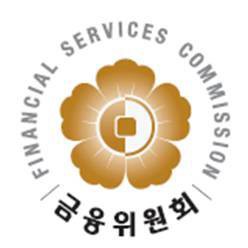Three high-situation refers to hikes in the value of won, prices of raw materials and interest rates. These are important factors that affect business activities and the Korean economy as a whole. From the perspectives of companies that are based on and running in Korea, we should be stepping up our efforts to be better prepared for the three high-situation.
As the first nation among OECD members (the Organization for Economic Co-operation and Development) to overcome the financial crisis triggered back in 2008, there has been a continuous appreciation in the currency that now remains almost stable. Relying heavily on exports (nearly 80 percentages of the economy as a whole) we have to tackle this strong currency so as to minimize and offset internal and external effects. That is because our exported products come to lose their price competitiveness in overseas markets compared to those from other countries. By the same token, imported products in the domestic market could have a price edge over our products. In order to avoid the instability due to the fluctuation of currency, we have to build up other competitiveness apart from low price to make sure that customers keep purchasing our products, placing more value on the product or brand itself rather than the changeable price.
When it comes to rise in prices of raw materials, the impact on our economy is less serious since all the businesses concerned have to buy the same raw materials to produce certain products. However, surging prices being protracted might lead to slumping markets worldwide with a relatively shrunken purchasing power of customers. So, we need to broaden our range of markets, advancing into newly emerging ones, especially OPEC (Organization of the Petroleum Exporting Countries) whose members are most likely to benefit from the price hike.
The Bank of Korea has been holding its policy rate at the record low 2 percentage for 13 months in a row. However, with growing risk of asset bubble and increasing concerns over inflation due to the massively-spent-economic stimulus package from last year, it seems unavoidable to raise the rate later this year. In order to be prepared for this, businesses have to ensure their fiscal soundness by reducing their fiscal debt, not to mention households. When they have difficulties paying back their interests on the rise, which will inevitably be followed by sluggish consumption and production, the economy will face another recession.
Ahead of the upcoming G20 summit meeting in November, we need to deal with the hikes of the economic factors wisely and effectively. The G20 summit will be an important test for Korea to become an advanced economy. Therefore, it is important to show the world how the Korean economy weathers economic challenges proactively.

